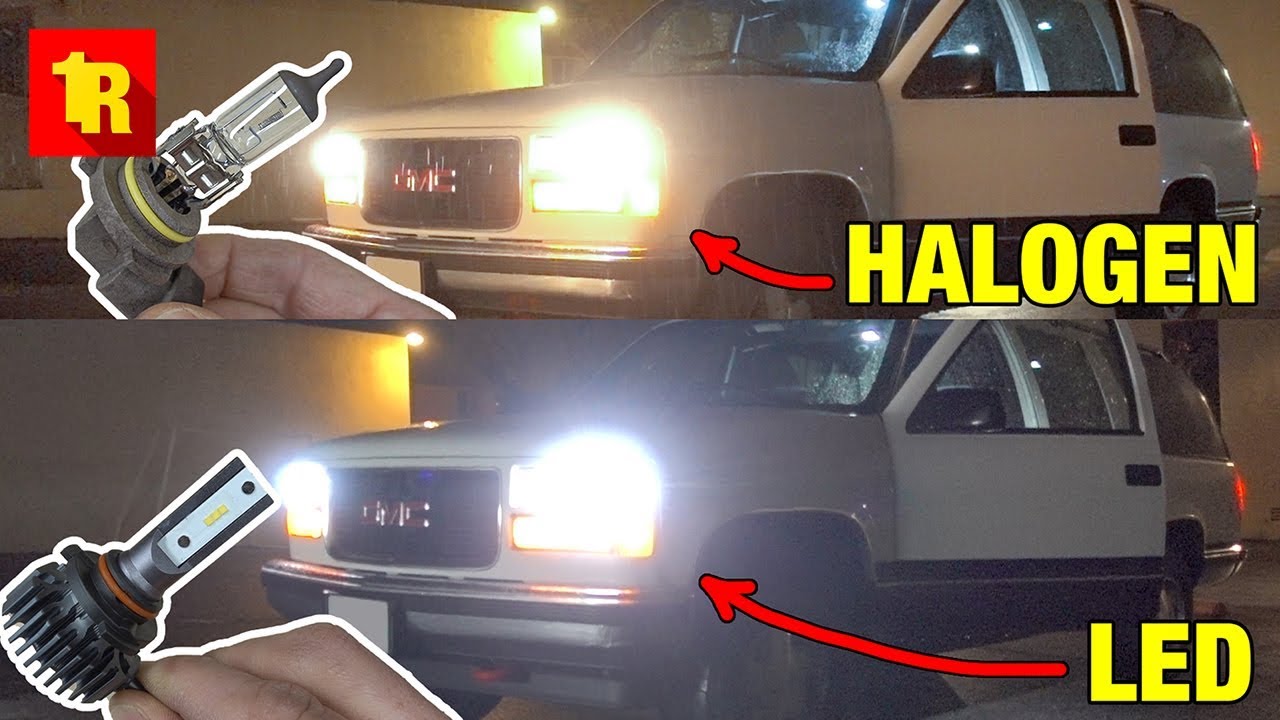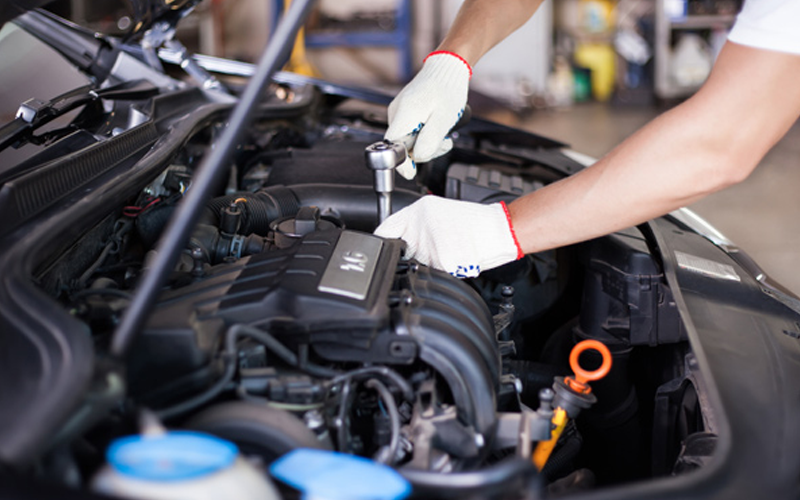Diesel trucks are built for strength, endurance, and long hours on the road. Yet even the most reliable engine can start losing power over time. This drop in performance can make acceleration sluggish, towing harder, and fuel economy worse. Understanding the underlying causes helps prevent small issues from turning into major repairs.
Power loss in diesel engines often stems from air, fuel, or exhaust flow restrictions. However, sometimes electrical and mechanical wear also play a part. When one system falters, it affects the overall combustion process, reducing efficiency and output. Knowing where to look is the first step toward keeping your truck running strong.
Clogged Fuel Filters
A clogged fuel filter is one of the most common reasons for reduced engine power. As a Yahoo! article states, diesel engines rely on a proper balance of fuel and air to run efficiently. So when it starts losing power or responding slowly, clogged fuel or air filters are often to blame.
Dirty filters can restrict flow, causing the engine to struggle. In the case of a blocked fuel filter, it can force the fuel pump to work harder, sometimes producing a high-pitched whining sound.
Regular filter replacements are essential to prevent these issues, as normal driving alone can cause buildup over time. Diesel vehicles also use a diesel particulate filter (DPF) to reduce emissions. However, if the DPF or its regeneration process fails, it can further reduce performance and efficiency.
Over time, contaminants such as rust, dirt, and debris collect in the filter, restricting the amount of fuel reaching the injectors. When that happens, the combustion process becomes uneven, leading to rough idling and weaker acceleration.
Drivers often notice this problem during heavy loads or uphill climbs, where the engine demands more fuel than it can draw. Replacing the fuel filter at regular intervals keeps the flow consistent and prevents long-term injector damage. It’s a simple maintenance step that makes a noticeable difference in performance.
Can using poor-quality fuel cause filter clogging more quickly?
Yes, low-grade diesel often contains impurities such as dirt, water, and microbial growth that quickly clog filters. These contaminants accumulate in the system and restrict fuel flow. Refueling at reputable stations and occasionally using fuel additives designed to clean injectors can help prevent blockages.
Faulty Turbocharger
The turbocharger compresses incoming air before it enters the combustion chamber, ensuring the engine burns fuel efficiently. When it begins to fail, the truck may struggle to build boost pressure, resulting in sluggish response and reduced pulling power. Common symptoms include whistling noises, excess smoke, and oil around the turbine housing.
Many diesel owners prefer using high-quality replacement parts for these repairs, especially when working on trusted brands. According to Diesel Power Products, it is important to select the right model and year to find and use the best replacement parts.
For instance, many Dodge (Ram) trucks use Cummins engines. Cummins has built multiple heavy-duty diesel engines for Dodge. Drivers who rely on Dodge Cummins parts often look for precision-fit components that can handle high boost levels without sacrificing durability.
Choosing parts designed for heavy-duty use ensures that the new turbo performs as well as or better than the original. The industrial diesel turbocharger market is expanding consistently. From $15.51 in 2024, it is estimated to reach $21.71 in 2034. A Precedence Research report notes that it is projected to grow at a CAGR of 3.42% over the forecast period.
Air Intake Restrictions
Restricted airflow is another silent performance killer. Dust buildup in the air filter, clogged intake ducts, or faulty sensors can all prevent the engine from getting enough oxygen. Without sufficient air, diesel fuel cannot burn completely, resulting in black smoke and reduced efficiency.
Regularly inspecting and cleaning the intake system maintains consistent airflow and helps prevent contaminants from entering the combustion chamber. When sensors such as the mass airflow sensor fail, quickly replacing them restores the proper air-to-fuel balance.
Air intake problems can also lead to higher greenhouse gas emissions. A ScienceDirect Study found that adding hydrogen to the intake air can significantly improve combustion efficiency and reduce emissions. Input parameters like air pressure, diesel injection timing, and EGR ratio should be controlled appropriately to achieve these results.
In tests, introducing 40% hydrogen lowered CO₂ emissions by 40% and particulate matter by 55%. Similarly, adjusting boost pressure and diesel timing maintained similar brake thermal efficiency and NOₓ levels as standard diesel operation.
What role does the mass airflow sensor play in diesel performance?
The mass airflow sensor measures how much air enters the engine, allowing the ECU to adjust fuel delivery accurately. A dirty or faulty sensor can send incorrect readings, leading to reduced power and fuel economy. Cleaning it periodically with an approved sensor cleaner restores smooth operation.
Issues with the Exhaust System
An obstructed exhaust system can create back pressure, which traps exhaust gases in the cylinders and reduces power output. Problems often arise from damaged catalytic converters or clogged diesel particulate filters. Drivers may notice higher exhaust temperatures, louder operation, or even reduced turbo performance when this happens.
Maintaining the exhaust system not only improves power but also supports better fuel economy and emissions control. Periodic inspections help catch small leaks or buildup before they affect performance.
In some cases, corrosion in the exhaust pipes or muffler can lead to small leaks that interfere with proper exhaust flow. Even minor leaks can alter the air-to-fuel ratio by allowing unmeasured air to enter the system, which confuses the sensors and causes poor combustion. Repairing or replacing damaged sections promptly helps maintain consistent engine performance, quieter operation, and cleaner emissions.
How does an exhaust leak affect turbo performance and engine power?
Exhaust leaks before the turbo reduce the pressure that drives the turbine, causing slower spool-up and less boost. This loss of pressure results in lag and weaker throttle response. Repairing leaks ensures optimal turbo efficiency and prevents unnecessary strain on exhaust valves and sensors.
Weak Fuel Injectors
Fuel injectors deliver precise amounts of fuel into the combustion chamber. When they become dirty or worn, they spray unevenly, leading to misfires and poor combustion. The engine might shake during idling, consume more fuel, and produce excessive smoke. Cleaning or replacing faulty injectors usually restores balance and power quickly.
Because modern diesel engines rely on fine tolerances, it’s best to use injectors that match the manufacturer’s specifications. Regular use of quality fuel and proper filtration extends their lifespan considerably.
Sometimes, the issues can be in the engine itself. For instance, Ford recently recalled 295K Super Duty trucks for fuel pump failures. According to WardsAuto, the issue was that biodiesel deposits were forming on the roller components, leading to pump failure. Some F-series trucks with 6.7-liter diesel engines were recalled.
Power loss rarely happens overnight. It’s a gradual process influenced by fuel quality, driving habits, and maintenance frequency. Regular checks on filters, air systems, turbochargers, and injectors can help maintain the strength and dependability diesel trucks are known for. With the right care and well-chosen replacement components, any driver can keep their vehicle performing at its best for years to come.




